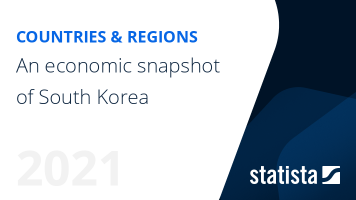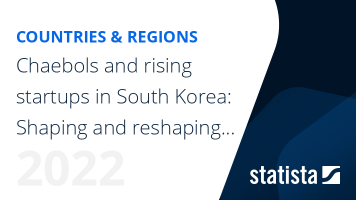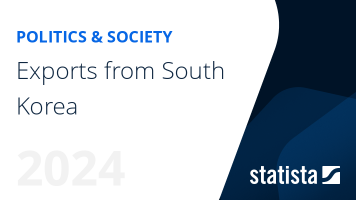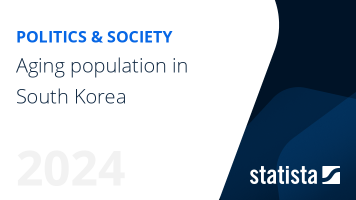Since its founding in 1948, South Korea has undergone significant economic and political changes and has developed from a war-torn nation into one of the
. In 1987, mass protests led by students ended the military dictatorship of 30 years, paving the way for democratization in the country. Amendments to the Constitution allowed for direct presidential elections and limited the presidential term to five years without the possibility of re-election. Since then, eight presidents have been elected every five years, except for President Park Geun-hye, who was ousted four years after taking office. Following President Yoon Suk Yeol’s unprecedented declaration of martial law on December 3, 2024, and his
two weeks later, South Korea is facing another pivotal moment. If the Constitutional Court upholds the impeachment, a new presidential election will be held within 60 days.
The political landscape in South Korea
The Constitution of South Korea establishes a clear separation of powers in the government. As head of state, head of government, and commander-in-chief of the armed forces, the president has the authority to enact laws, appoint the prime minister, and declare war. Legislative power is exercised by the
National Assembly, which is a unicameral parliament of 300 members who are elected for four-year terms. Judicial power is vested in the Supreme Court, the Constitutional Court, and other high and district courts.
South Korea has a multi-party system, but the
political landscape is highly polarized. The liberal Democratic Party and the conservative People Power Party are currently the country's two largest political parties, whose foundations date back to the 1990s. The last few years have seen an intensification of political polarization, especially when opposing political identities and ideologies have clashed with sensitive socio-political and economic issues such as the minimum wage or rising property prices. This was particularly evident in the most recent
presidential elections in 2022, in which conservative Yoon Suk Yeol won the closest race in the country's history by a margin of 0.8 percentage points over his liberal rival Lee Jae-myung.
The “imperial presidency”
As recently as 2017, Park Geun-hye became the first South Korean president to be removed from office following mass protests over her corruption scandal. Less than a decade later, President
Yoon Suk Yeol was impeached by the National Assembly after shocking the nation by declaring martial law and deploying armed troops to the National Assembly. While these incidents underscored the resilience of South Korea’s democracy in holding its leaders accountable, they also exposed a fundamental weakness in the country’s political system, mainly that the checks and balances on the "imperial presidency" defined in the existing constitutional framework were not sufficient for guaranteeing a strict separation of powers. Amid widespread frustration with the government’s failure to address urgent societal issues,
public dissatisfaction with the political system has deepened, fueling growing calls for reform.
This text provides general information. Statista assumes no
liability for the information given being complete or correct.
Due to varying update cycles, statistics can display more up-to-date
data than referenced in the text.








































